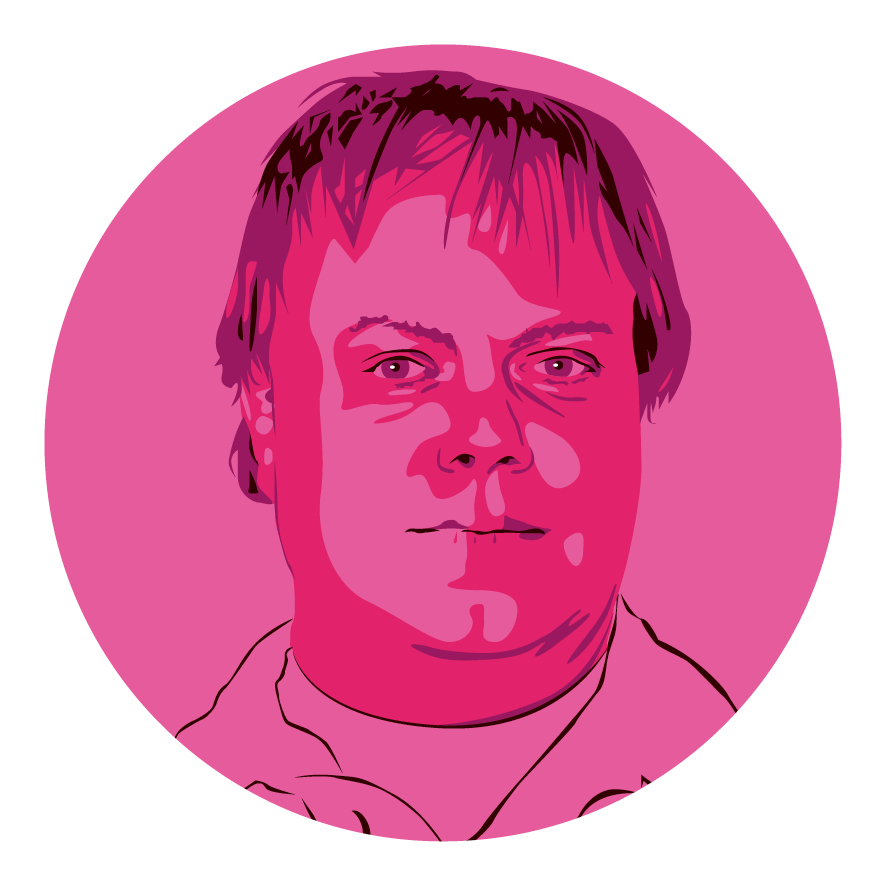[Updated] Bethesda responds to outrage over paid Skyrim mods

[Update: Despite Bethesda publishing this post defending paid Skyrim mods only an hour ago, the program has since been pulled from Steam following discussions with Valve. The original story can be found below, we'll have more as it breaks.]
To put it lightly, the rollout of paid Skyrim mods on Steam hasn't been without pain. An awful lot of people think mods should be universally free, a point they're making by gumming up the works with silliness; others have objected to the relatively small slice of the pie—25 percent—that mod makers will earn on the sales of their creations. But Bethesda says its early discussions with Valve confirmed "quite clearly" that allowing mod makers to earn money on their work boosted both the quality and the quantity of the mods available to gamers.
"We have a long history with modding, dating back to 2002 with The Elder Scrolls Construction Set," it wrote in a new Bethesda Blog post. "It’s our belief that our games become something much more with the promise of making it your own." There are downsides: The availability of mods is one of the reasons Oblivion was re-rated from T to M, "costing us millions of dollars," it continued. Even so, "while others in the industry went away from it, we pushed more toward it."
The initial discussions between Bethesda and Valve actually began in 2012, and right from the outset it insisted that the Marketplace had to be open rather than curated. "At every step along the way with mods, we have had many opportunities to step in and control things, and decided not to," it wrote. "We wanted to let our players decide what is good, bad, right, and wrong. We will not pass judgment on what they do."
The post confirmed that Valve gets 30 percent of all mod sales, which it described as "standard across all digital distribution services." Bethesda itself takes 45 percent, and the mod makers gets the remaining 25 percent. But it denied that the relatively steep take represents some kind of "money grabbing scheme," noting that mod sales, even during the past weekend when Skyrim was free, made up less than one percent of its total Steam revenues. At the same time, while the 25 percent cut "has been operating on Steam successfully for years," it left open the door for adjustments, saying, "If it needs to change, we'll change it."
Most people don’t know, but our very own Skyrim DLC has zero DRM. We shipped Oblivion with no DRM because we didn’t like how it affected the game
As for the long term impact of paid mods, Bethesda acknowledged that there is the potential for damage but said most of the implications are positive. "Not only do we want more mods, easier to access, we’re anti-DRM as far as we can be. Most people don’t know, but our very own Skyrim DLC has zero DRM. We shipped Oblivion with no DRM because we didn’t like how it affected the game," it wrote. "There are things we can control, and things we can’t. Our belief still stands that our community knows best, and they will decide how modding should work. We think it’s important to offer choice where there hasn’t been before."
Our own Tyler Wilde gave some early opinion on the good and bad of paid mods last week, and we also published a guest editorial on the matter from a modder earlier today. Meanwhile, Garry's Mod creator Garry Newman and Gabe Newell have weighed in on the matter, but despite their positive takes the petition demanding an end to paid mods has climbed to more than 130,000 signatures. Offering choice is good, but this is clearly going to be a hard sell for both Bethesda and Valve.
PC Gamer Newsletter
Sign up to get the best content of the week, and great gaming deals, as picked by the editors.
Andy has been gaming on PCs from the very beginning, starting as a youngster with text adventures and primitive action games on a cassette-based TRS80. From there he graduated to the glory days of Sierra Online adventures and Microprose sims, ran a local BBS, learned how to build PCs, and developed a longstanding love of RPGs, immersive sims, and shooters. He began writing videogame news in 2007 for The Escapist and somehow managed to avoid getting fired until 2014, when he joined the storied ranks of PC Gamer. He covers all aspects of the industry, from new game announcements and patch notes to legal disputes, Twitch beefs, esports, and Henry Cavill. Lots of Henry Cavill.

The Elder Scrolls Online dev says the 'metaverse' is sinking because it ignored 20 years of games doing the exact same thing: 'It's not new, and they should stop treating it like it's new'

The Elder Scrolls Online has made nearly $2 billion in its lifetime, 9 years after the big comeback that doubled its player count overnight
Most Popular



